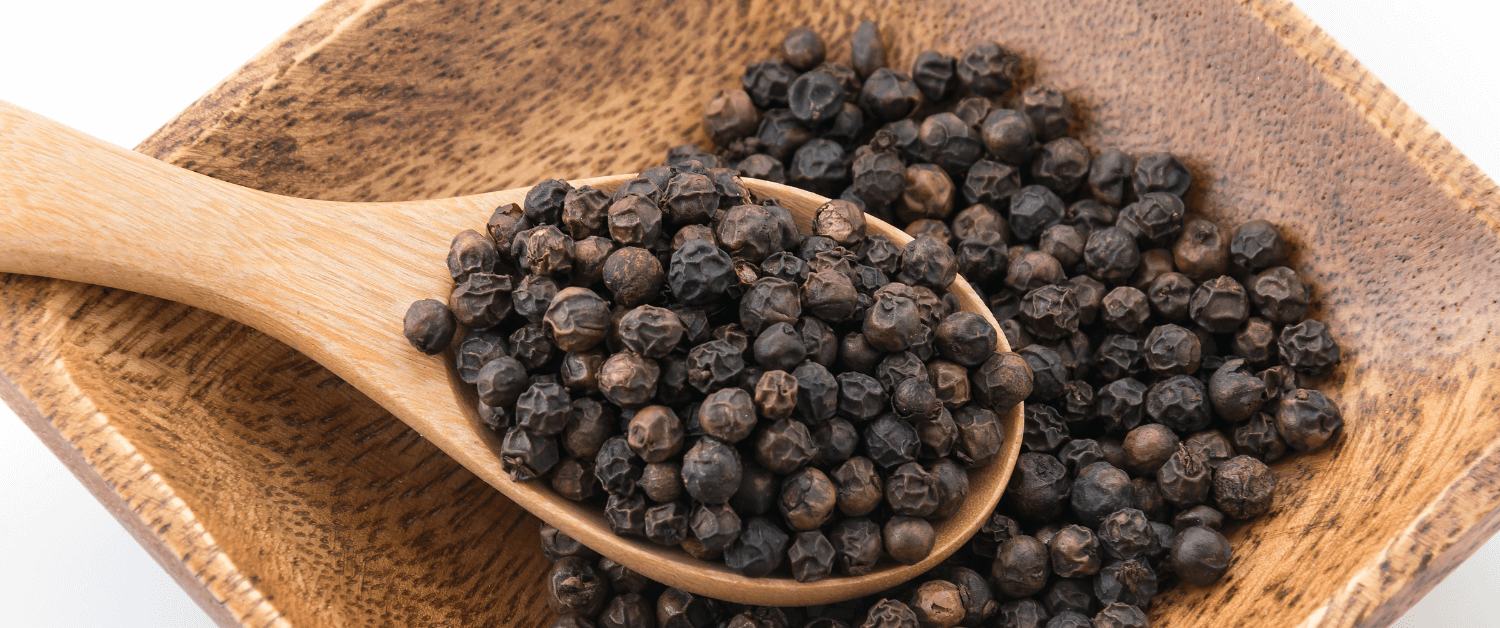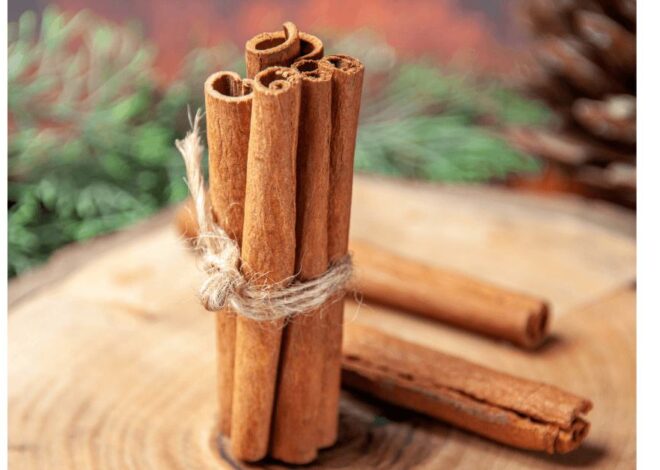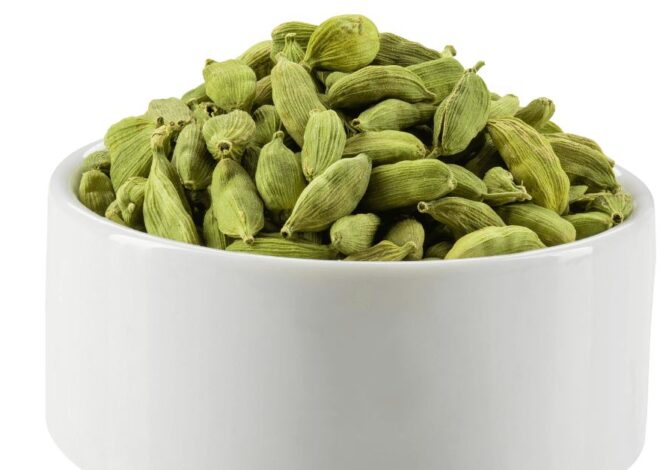
Seasonal Wellness with Black Pepper-Ayurvedic Tips & Recipes
Black pepper is a seasonal superhero. As the seasons shift, our bodies often struggle to adapt, resulting in coughs, colds, sluggish digestion, and weakened immunity. Black pepper, known as the “King of Spices”, offers a warming, detoxifying boost that is perfect for this time.
A Glimpse into Black Pepper’s Origins
Black pepper, one of the world’s oldest traded spices, traces its roots to the lush Western Ghats of India, where it has been cultivated for over 3,000 years. The spice’s dried fruit known as peppercorn, is a small drupe with a single seed, celebrated for its sharp heat and pungency. In ancient times, black pepper was so valuable that the Romans used it as currency, and it became a cornerstone of the spice trade between India and Europe. Its fame spread globally, but its healing legacy was deeply embedded in Ayurveda, where it was prized for digestive and therapeutic benefits. This humble spice led to great journeys, healed with ancient remedies, and became a part of kitchens and cultures around the world.
“Black Pepper in Ayurveda”: The Fiery Digestive Awakener
In Ayurveda, black pepper is considered hot in nature and sharp in taste, with qualities that are light and penetrating. It helps boost digestion by stimulating the body’s digestive fire, making it easier to absorb nutrients from food. Black pepper is especially useful during cold and damp weather, as it helps balance the Kapha and Vata doshas, two of the body’s energy types. It also acts as a natural enhancer, improving the effectiveness of other herbs like, turmeric due to a compound called piperine.
Traditionally, Ayurvedic texts recommend black pepper for treating coughs, congestion, bloating, indigestion, and for helping the body detox and stay clear of blockages.
Let’s explore six easy, flavorful ways to include it in your daily diet.
- Ginger-Pepper Herbal Tea: A soothing cup of ginger-pepper tea can work wonders for seasonal sniffles and sluggish mornings.
-
- Boil water with crushed ginger and 4–5 black peppercorns.
- Add tulsi leaves or a pinch of turmeric for extra immunity.
- Sip warm, especially in the morning or before bed.
Piperine, the active compound in black pepper, significantly enhances the bioavailability of curcumin, the powerful anti-inflammatory agent in turmeric, by inhibiting certain enzymes that would otherwise break it down quickly. This synergy allows curcumin to remain longer in the bloodstream, amplifying its therapeutic effects. Additionally, piperine stimulates digestive enzymes and increases thermogenesis, which can help boost metabolism. Together, they form a potent duo for better nutrient absorption and metabolic support.
- Pepper-Infused Soups and Broths: Soups are ideal during seasonal transitions, and black pepper adds both flavor and healing.
-
- Add freshly ground pepper to lentil soup, chicken broth, or veggie stew.
- Combine with garlic, cumin, and bay leaf for a comforting spice blend.
Use freshly cracked pepper just before serving to retain its volatile oils and aroma.
- Warm Breakfasts with a Pepper Twist: Start your day with warming foods that include black pepper.
-
- Sprinkle on poha, upma, or scrambled eggs.
- Add to savory oats or millet porridge with ghee and cumin.
Black pepper stimulates digestive enzymes, helping your body process heavier foods during cooler months.
- Honey and Black Pepper for Cough Relief: This age-old remedy is perfect for a dry cough or throat irritation.
-
- Mix 1 tsp of honey with a pinch of black pepper and consume slowly.
- Add a dash of cinnamon or dry ginger powder.
Avoid giving honey to children under 1 year. For older kids, this mix is a gentle, natural alternative to syrups.
- Fruit Salads with a Pepper Kick: Black pepper pairs beautifully with certain fruits.
-
- Try it on papaya, pineapple, strawberries, or mango.
- Add a squeeze of lemon and a pinch of rock salt for a refreshing twist.
The spice balances the sweetness and aids digestion.
- Pepper-Infused Oils and Roasted Veggies: Make your own pepper-infused olive oil or mustard oil.
-
- Lightly heat oil with crushed peppercorns, garlic, and herbs.
- Use for roasting vegetables like sweet potatoes, carrots, or cauliflower.
This method adds depth to your dishes and delivers pepper’s benefits without overpowering the flavor.
Final Thoughts
Black pepper isn’t just a seasoning; it is a seasonal ally. Whether you are sipping it in tea or sprinkling it on fruit, its warming, anti-inflammatory properties help your body stay balanced during weather changes. For Indian households, it’s a pantry staple with powerful potential, just waiting to be used creatively.




One thought on “Seasonal Wellness with Black Pepper-Ayurvedic Tips & Recipes”